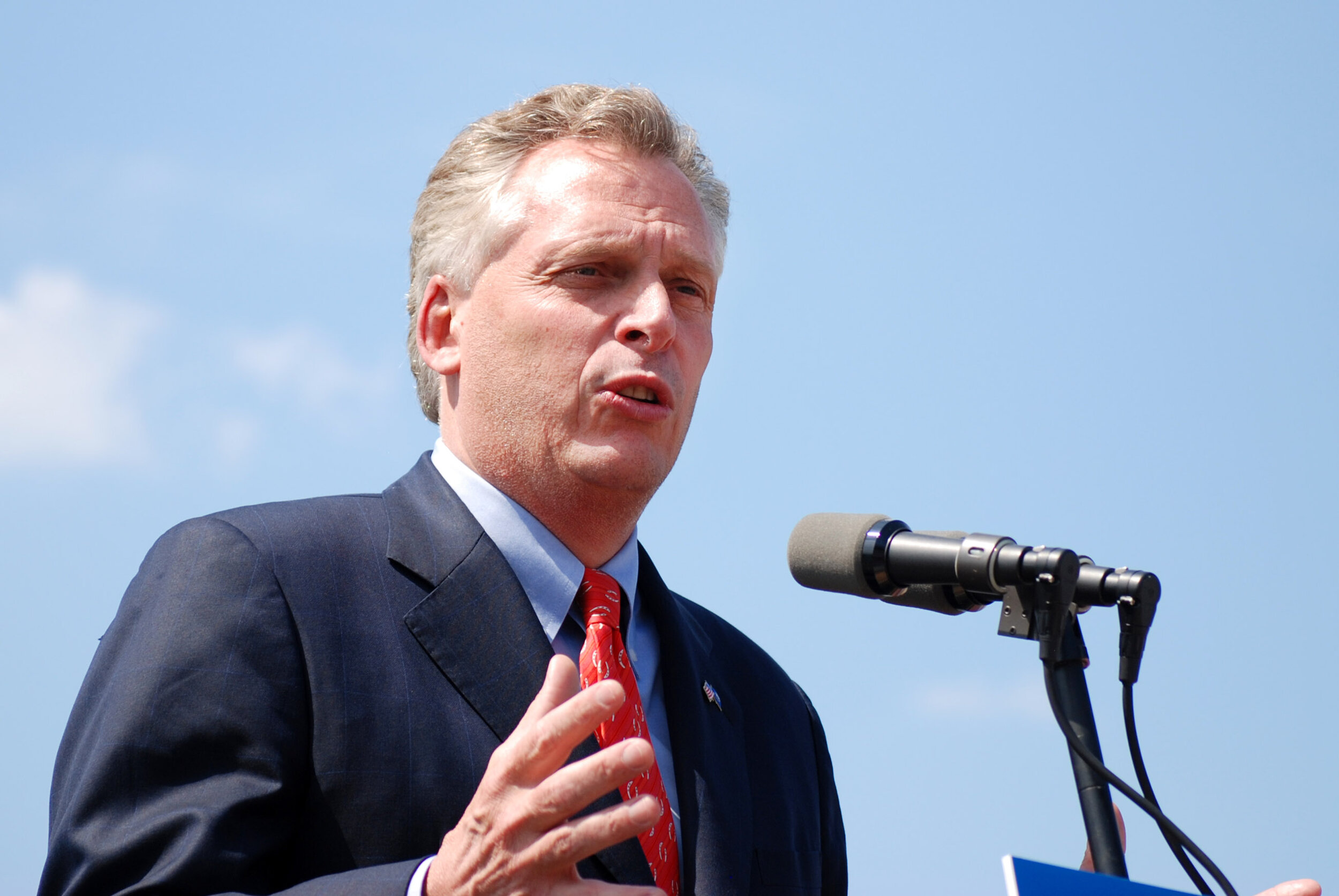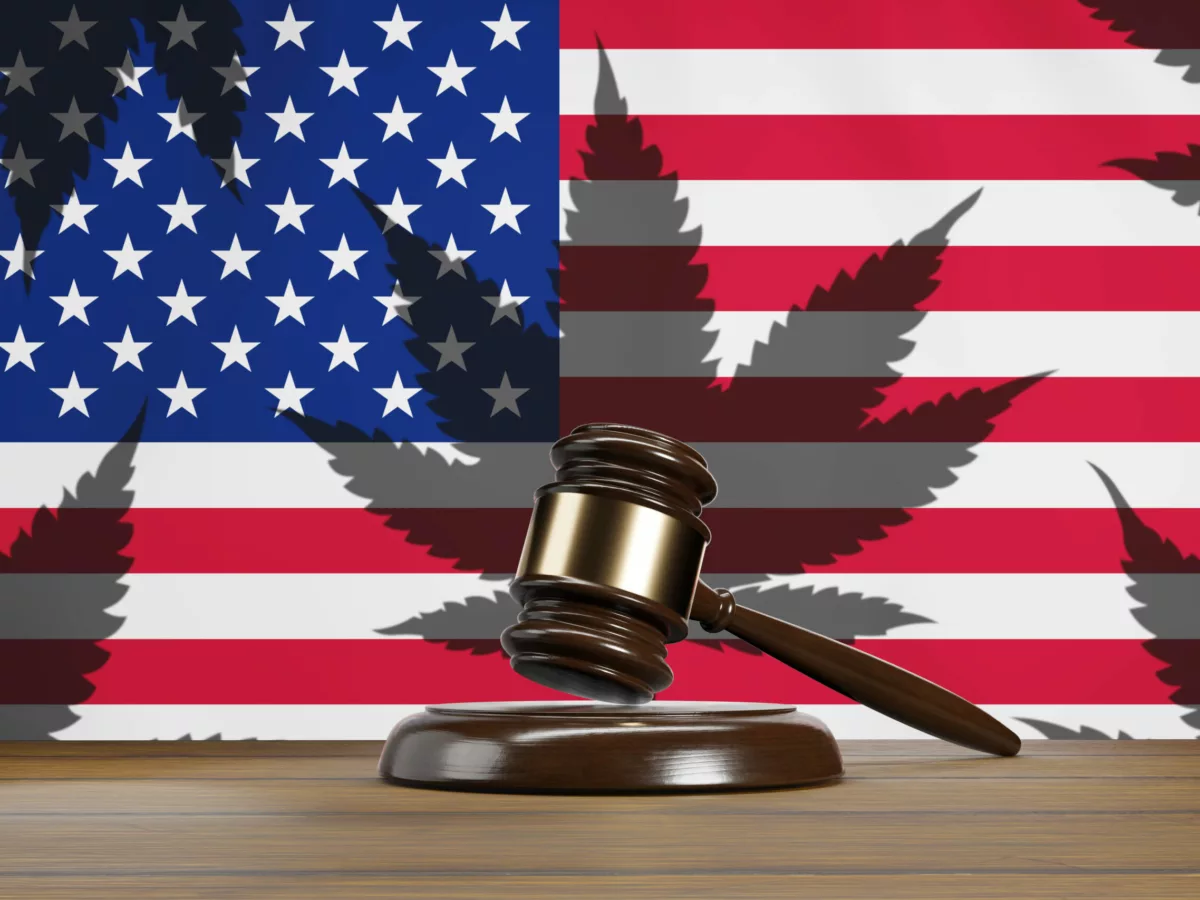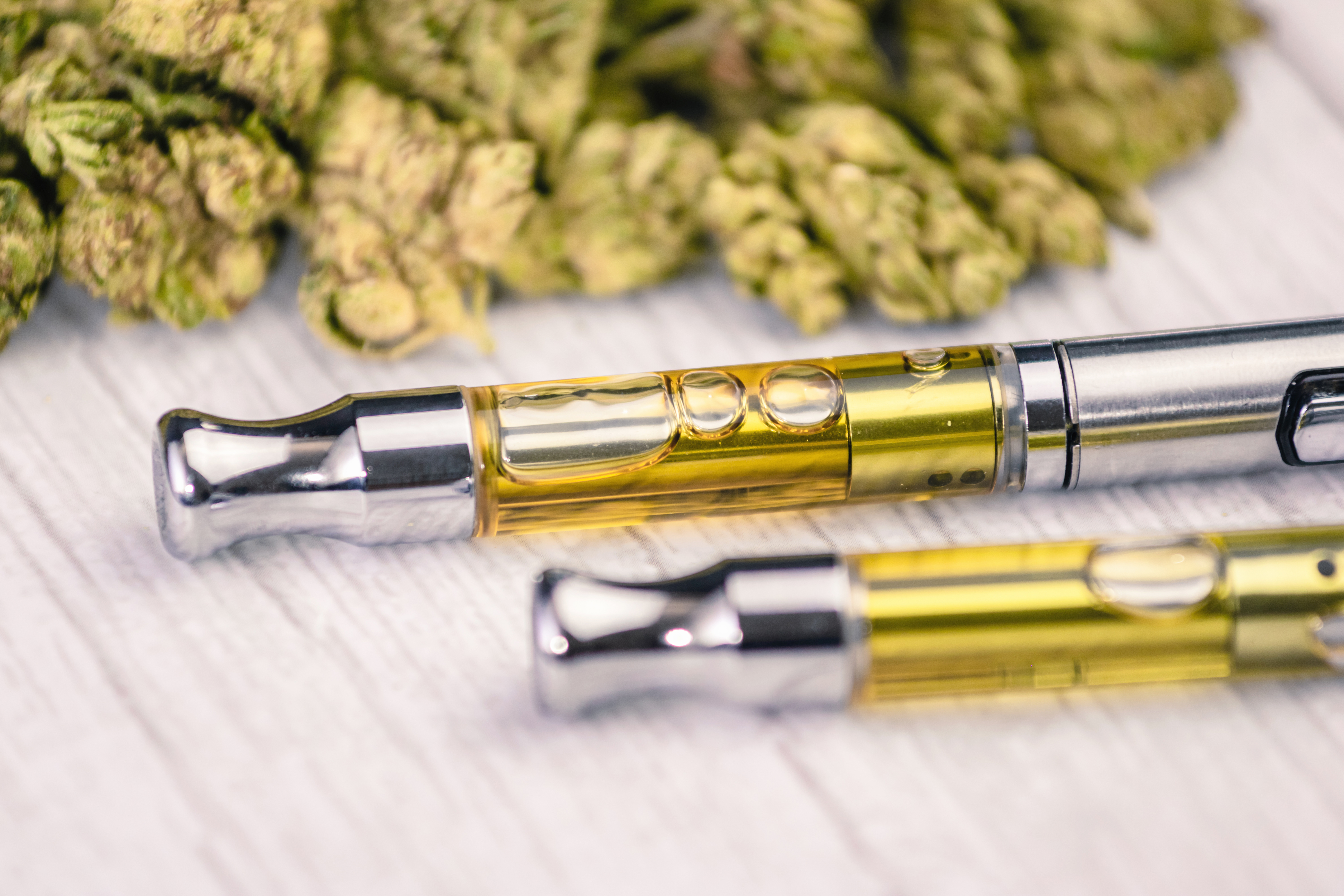As the race for Virginia governor enters its final stretch, Democrat Terry McAuliffe and Republican Glenn Youngkin appear to be locked in a virtual dead heat, with a recent CBS poll putting the candidates just 3 points apart.
The contest — widely seen as a bellwether for the 2022 midterms and a referendum on President Biden’s first year in office — has taken on all the hallmarks of a national election, with campaign contributions pouring in from around the country and constant coverage from mainstream news outlets. In that hyper-charged environment, candidates have turned their focus to issues dominating the national dialogue such as education, immigration, abortion rights, and the coronavirus pandemic.
But one topic has been conspicuously absent from both campaigns: cannabis.
Though Virginia became the first Southern state to legalize pot this year, it now seems that weed has been relegated to third fiddle — a topic apparently no longer worth debating.
Yet much remains to be decided when it comes to the future of pot in the commonwealth. The General Assembly is still working out a timeline for the start of recreational cannabis sales and will need to re-enact many of the provisions of this year’s legislation in 2022. Furthermore, experts say the state legislature could try to undo hard-fought cannabis reforms if Youngkin becomes governor and Republicans take back the House of Delegates, which Democrats won in 2020 after two decades of GOP control.
Early in the race, McAuliffe, an establishment Democrat running for his old seat, came out strongly in favor of cannabis reform with a Washington Post op-ed that framed legalization as “a civil rights issue.” Meanwhile, Youngkin, a Republican with no prior political experience, slipped up by calling legalization “a mess” he would need to “clean up,” ignoring polls that show a vast majority of Virginia registered voters (68%) are in favor of weed reform.
McAuliffe initially seized on the gaffe, warning voters that Youngkin could seek to undo cannabis reforms and forcing his opponent to backtrack on his comments. But the Democrat has since largely dropped the legalization issue from his core campaign platform, leaving some cannabis advocates and political analysts perplexed.
Rachel Ramone Donlan, co-founder of advocacy group Virginia Marijuana Justice (VAMJ), told The Outlaw Report that the McAuliffe campaign’s apparent reluctance to prioritize cannabis messaging is a “missed opportunity” to connect with voters, and it could end up costing him big.
“All we hear about cannabis in this race is crickets, and that’s a loss,” Donlan said.
In her view, the McAuliffe campaign has failed to inform Virginians that cannabis reforms are at stake in the governor’s race, and to portray him as the unequivocal choice for pro-legalization voters.
“They’re going to have to make it a clear-cut case that if you want legalization, you vote this way, and if you don’t want legalization, you vote that way,” she said.
Donlan said instead of worrying about alienating some conservative voters, McAuliffe’s campaign should focus on rallying Black and young voters who care about criminal justice reform by touting his pro-cannabis record.
“It’s high time that pro-cannabis candidates realize that this issue could put them over the top in a close race,” she said.
Not once did candidates or moderators bring up cannabis legalization during the two widely viewed gubernatorial debates that aired for an hour each on NBC4 last month. In the second debate on Sept. 28, Youngkin repeatedly said Virginia’s economy is struggling, leaving a clear opening for McAuliffe to question why his opponent would oppose an industry that is projected to generate 11,000 jobs and up to $300 million in tax revenue, according to a state watchdog audit.
McAuliffe’s campaign has now spent more than $18 million on sleek television ads to slam his opponent on issues like vaccines, school budgets, and abortion rights. But none of the ads broached the topic of weed legalization.
McAuliffe has also minimized the issue in the digital sphere. While a Google search for “abortion” on his campaign website returns a full six pages of results, “cannabis” or “marijuana” generates far fewer results.
Miles Coleman, an analyst at the University of Virginia Center for Politics, told The Outlaw Report one reason cannabis has “barely got any attention” is that McAuliffe could be worried about his opponent weaponizing the issue.
“Republicans are already attacking [McAuliffe] as weak on crime, so if he took more stridently pro-marijuana stances, the Youngkin campaign would likely find some way to spin that into their own messaging against him,” he said.
Coleman said it’s possible the McAuliffe campaign has calculated it can reach voters receptive to pro-cannabis messaging by emphasizing more “conventional” issues. Still, he said that bringing up weed legalization could give McAuliffe a last-minute boost by further energizing younger and minority voters, noting that the former governor has a credible track record on loosening cannabis laws, having signed two weed reform bills during his time in office.
In his Nov. 2020 op-ed on legalization, McAuliffe noted that “if we are going to create and sustain meaningful change, we need to act big and be bold.” If his campaign continues to downplay his pro-legalization stance, those words may start to ring hollow.
For Donlan, who has pushed for cannabis reform in a number of states, McAuliffe’s campaign is being cautious “to a detriment” given that polling shows legalization is a bipartisan issue in America.
“He’s making a huge mistake,” she said.
(Photo credit: Flickr/Kate Wellington)






